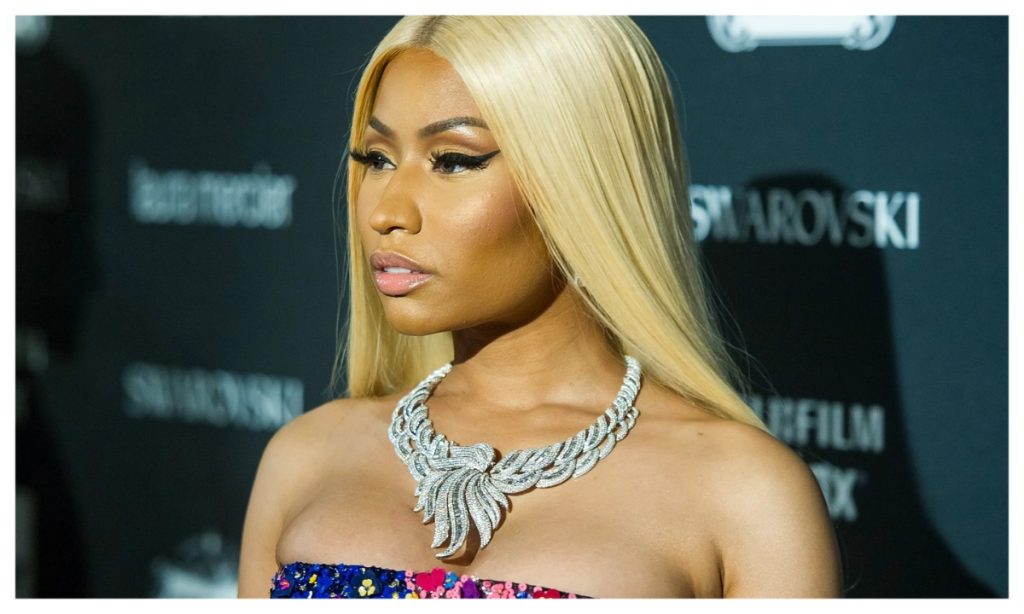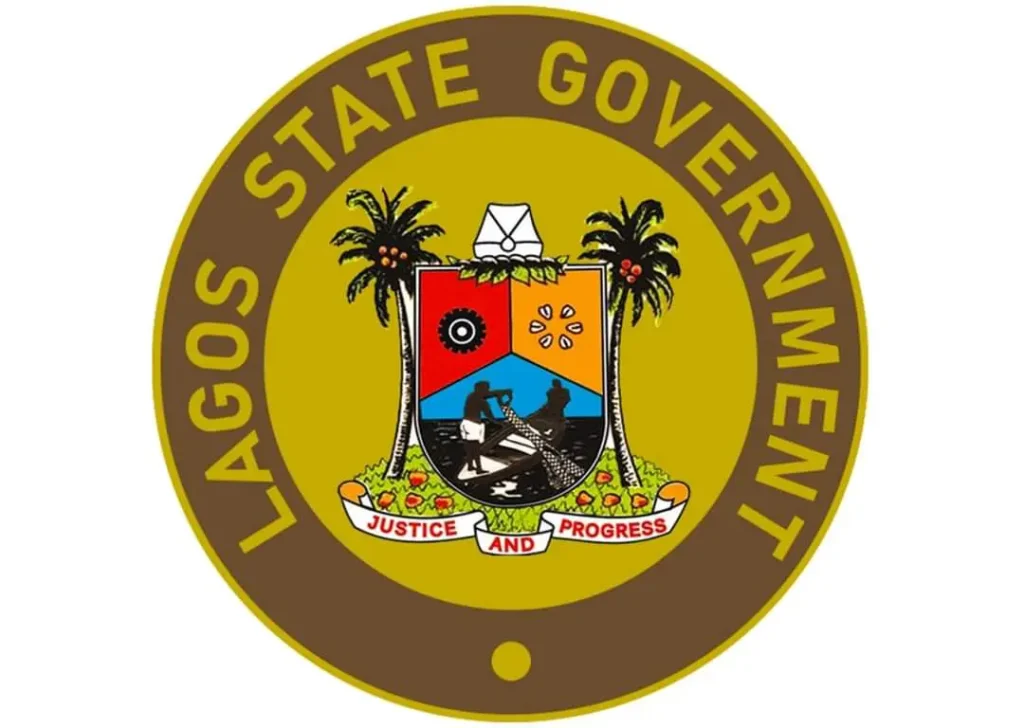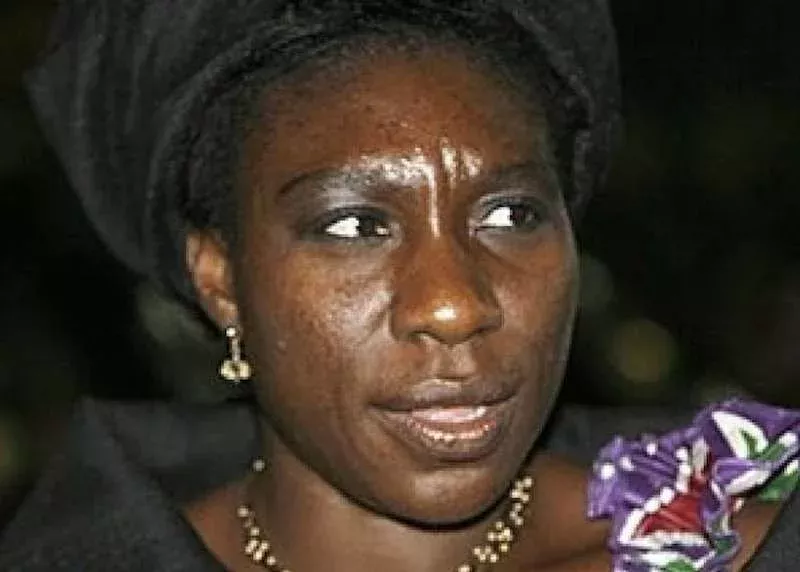In a major blow to Nigerian athletics, Grace Nkwocha, a prominent Nigerian athlete, has been slapped with a three-year ban by the prestigious Athletics Integrity Unit (AIU) for testing positive for prohibited substances. The AIU made the announcement via its official communication channels.
Nkwocha gained fame as a key member of the quartet that brought home the gold medal for Nigeria in the thrilling 4x100m relay event at the 2022 Commonwealth Games held in Birmingham.
This devastating blow to Nkwocha’s career comes after her provisional suspension in September 2022 subsequent to failing a doping test during the aforementioned games. The ban carries severe consequences and ineligibility from participating in any athletic competitions starting from August 3, 2022, until August 2, 2025.
Unfortunately, Nkwocha is not the only Nigerian athlete facing the consequences of anti-doping violations. Prominent Nigerian athletes Blessing Okagbare and Divine Oduduru find themselves in similar predicaments, currently serving bans for their own anti-doping infractions.
The AIU’s decision to impose a three-year ban on Nkwocha sends a clear message about the organization’s commitment to maintaining the integrity of the sport and protecting the principles of fair play. It also serves as a stark reminder to athletes about the potentially ruinous consequences of succumbing to the temptations of banned substances.
Nigeria has a strong and proud tradition in the world of athletics, with numerous athletes making significant contributions and achieving remarkable feats on the international stage. However, the prevalence of anti-doping violations among Nigerian athletes is a cause for concern, tarnishing the country’s reputation and undermining the hard work and dedication of those who compete fairly.
As the sporting community mourns the loss of yet another talented athlete to the clutches of doping, it is imperative that stringent measures be put in place to prevent future violations. This includes implementing rigorous testing protocols, educating athletes about the dangers and consequences of doping, and providing robust support systems to help athletes make the right choices.
In the end, the fight against doping is not solely the responsibility of athletes and sporting bodies. It requires a collective effort from all stakeholders, including coaches, authorities, fans, and the media, to create an environment of clean competition and uphold the values of integrity and fair play.
Only by working together can Nigerian athletics regain its credibility, inspire future generations, and restore its rightful place on the international stage.



